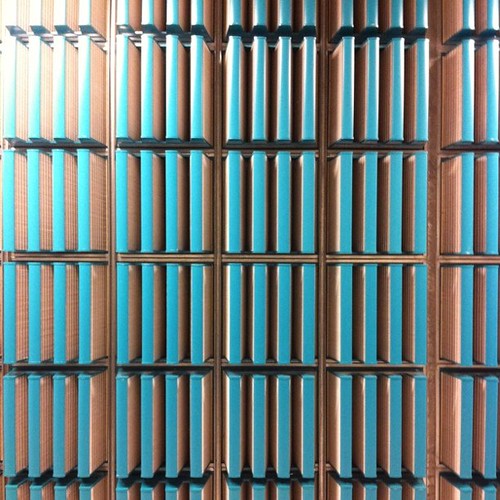If you are interested in improving your home’s indoor air quality and your family’s health, consider replacing your HVAC filter. The initial filter in your HVAC system is meant to protect the system by preventing dust and particles from getting inside, and although it will eliminate obstructions in the airflow and maintain efficiency, it is not designed to keep airborne pathogens out of your house. These microbial particles can threaten your family’s health, but there are a variety of different filters that help.
Air filters and air purifiers help to improve your indoor air quality by keeping the allergens out or destroying them. By doing this, they reduce a variety of health risks. To define how well a filter removes particles from the air, the ASHRAE introduced a rating system based on the “minimum efficiency reporting value” (MERV). The most efficient filters are rated from 13 to 16, as a higher MERV equals finer filtration. Our list of filters is ordered by increasing effectiveness against allergens.
Fiberglass Filters

Fiberglass filters are the most common filters and are made of layered fibers that trap dust. They can be used in air conditioners and furnace units, and they are effective, economical, and disposable. However, their main disadvantage is that they don’t catch small particles.
Pleated Filters
Pleated filters are tighter than a fiberglass filter and therefore have better dust-stopping power. They trap harmful allergens such as dust mites and pet dander and are available in either a washable or disposable version. Even though these filters can trap smaller airborne particles, they force your HVAC system to work harder to pull air through the unit, which causes a loss of efficiency.
Electrostatic Filters
Electrostatic filters work like a magnet, generating a static charge to attract small airborne particles. These filters are great for removing allergens from the air, are available in disposable or washable versions, but they can be a bit expensive.
High Efficiency Particulate Arrestance (HEPA) Filters
HEPA filters are mechanical air filters that force air through a fine net that traps harmful particles such as pet dander, pollen, tobacco smoke, and dust mites. HEPA filters uphold high-quality standards and are inspected by the Department of Energy.
For even better protection against airborne pollutants, you can add an air purifier to your system. Air purifiers do more than stop the harmful particles from entering your indoor air, they destroy them. They can capture more than 90 percent of particles and can neutralize pollen, germs, and microbial growth. They trap tobacco smoke to prevent lung disease and can even kill common cold viruses.
If you want to assess how well your HVAC protects you from allergens, contact a professional HVAC company. Specialists inspect your current system to ensure effective operation and can provide excellent recommendations for improving your air quality as well as the proper installation of advanced filtration/purification systems. Enjoy cleaner air and better health by installing a filtration or purification system that suits your household.
Leave a Reply